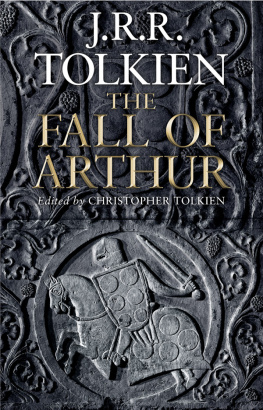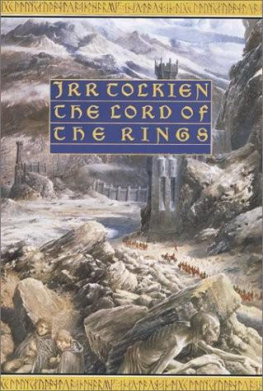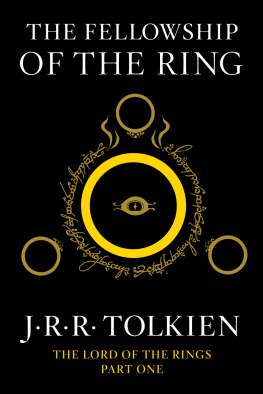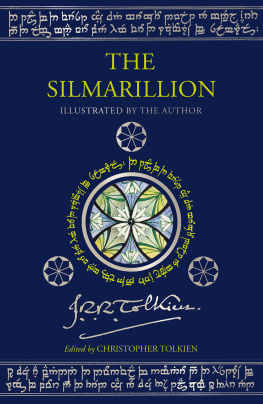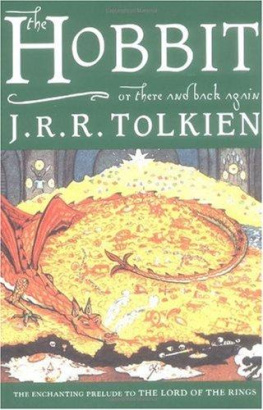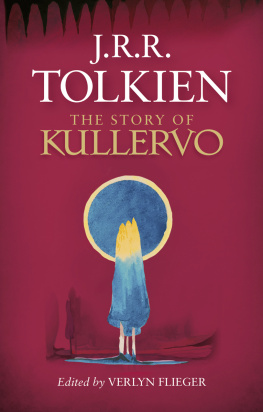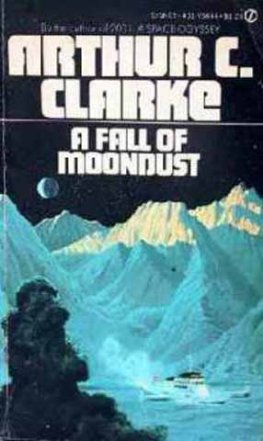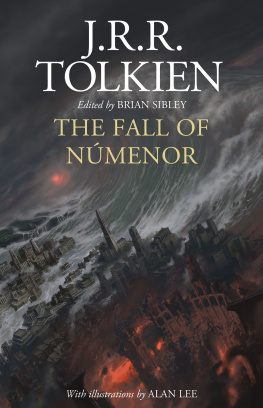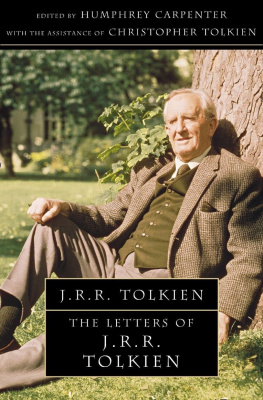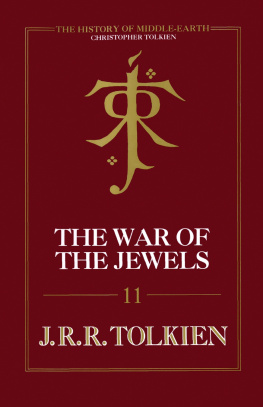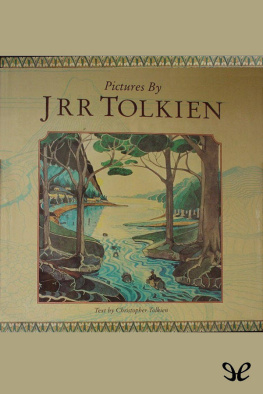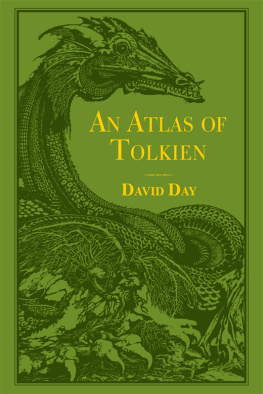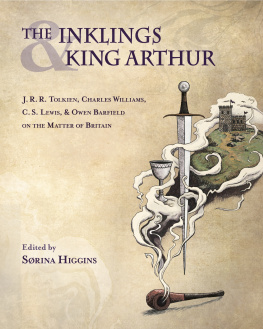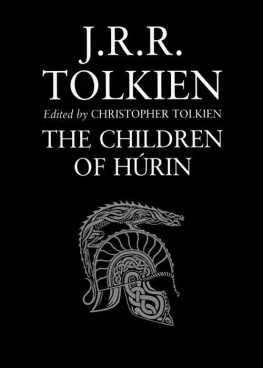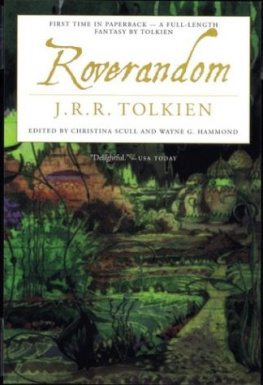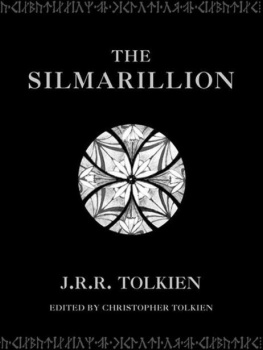J.R.R. Tolkien - The Fall of Arthur
Here you can read online J.R.R. Tolkien - The Fall of Arthur full text of the book (entire story) in english for free. Download pdf and epub, get meaning, cover and reviews about this ebook. year: 1966, 2013, publisher: HarperCollins, genre: History. Description of the work, (preface) as well as reviews are available. Best literature library LitArk.com created for fans of good reading and offers a wide selection of genres:
Romance novel
Science fiction
Adventure
Detective
Science
History
Home and family
Prose
Art
Politics
Computer
Non-fiction
Religion
Business
Children
Humor
Choose a favorite category and find really read worthwhile books. Enjoy immersion in the world of imagination, feel the emotions of the characters or learn something new for yourself, make an fascinating discovery.
- Book:The Fall of Arthur
- Author:
- Publisher:HarperCollins
- Genre:
- Year:1966, 2013
- Rating:5 / 5
- Favourites:Add to favourites
- Your mark:
- 100
- 1
- 2
- 3
- 4
- 5
The Fall of Arthur: summary, description and annotation
We offer to read an annotation, description, summary or preface (depends on what the author of the book "The Fall of Arthur" wrote himself). If you haven't found the necessary information about the book — write in the comments, we will try to find it.
The Fall of Arthur — read online for free the complete book (whole text) full work
Below is the text of the book, divided by pages. System saving the place of the last page read, allows you to conveniently read the book "The Fall of Arthur" online for free, without having to search again every time where you left off. Put a bookmark, and you can go to the page where you finished reading at any time.
Font size:
Interval:
Bookmark:
CONTENTS

Australia
HarperCollins Publishers (Australia) Pty. Ltd.
Level 13, 201 Elizabeth Street
Sydney, NSW 2000, Australia
http://www.harpercollins.com.au/ebooks
Canada
HarperCollins Canada
2 Bloor Street East 20th Floor
Toronto, ON, M4W, 1A8, Canada
http://www.harpercollins.ca
New Zealand
HarperCollins Publishers (New Zealand) Limited
P.O. Box 1
Auckland, New Zealand
http://www.harpercollins.co.nz
United Kingdom
HarperCollins Publishers Ltd.
77-85 Fulham Palace Road
London, W6 8JB, UK
http://www.harpercollins.co.uk
United States
HarperCollins Publishers Inc.
10 East 53rd Street
New York, NY 10022
http://www.harpercollins.com
THE HOBBIT
LEAF BY NIGGLE
ON FAIRY-STORIES
FARMER GILES OF HAM
THE HOMECOMING OF BEORHTNOTH
THE LORD OF THE RINGS
THE ADVENTURES OF TOM BOMBADIL
THE ROAD GOES EVER ON (WITH DONALD SWANN)
SMITH OF WOOTTON MAJOR
SIR GAWAIN AND THE GREEN KNIGHT, PEARL AND SIR ORFEO
THE FATHER CHRISTMAS LETTERS
THE SILMARILLION
PICTURES BY J.R.R. TOLKIEN
UNFINISHED TALES
THE LETTERS OF J.R.R. TOLKIEN
FINN AND HENGEST
MR BLISS
THE MONSTERS AND THE CRITICS & OTHER ESSAYS
ROVERANDOM
THE CHILDREN OF HRIN
THE LEGEND OF SIGURD AND GUDRN
I THE BOOK OF LOST TALES, PART ONE
II THE BOOK OF LOST TALES, PART TWO
III THE LAYS OF BELERIAND
IV THE SHAPING OF MIDDLE-EARTH
V THE LOST ROAD AND OTHER WRITINGS
VI THE RETURN OF THE SHADOW
VII THE TREASON OF ISENGARD
VIII THE WAR OF THE RING
IX SAURON DEFEATED
X MORGOTHS RING
XI THE WAR OF THE JEWELS
XII THE PEOPLES OF MIDDLE-EARTH

The importance of the use of Old English alliterative verse in my fathers sole Arthurian poem seems to call for some indication, within the pages of this book, of its essential nature, preferably in his own words. His account of the ancient verse-form is indeed well known, appearing in his Prefatory Remarks to the new edition (1940) by C.L. Wrenn of the translation of Beowulf by J.R. Clark Hall; these Prefatory Remarks have been reprinted in J.R.R. Tolkien: The Monsters and the Critics and Other Essays, 1983. I have also cited a portion of it in The Legend of Sigurd and Gudrn, 2009.
On 14 January 1938 there was broadcast by the BBC a brief recorded talk by my father entitled Anglo-Saxon Verse. On this he expended much thought and labour, as is attested by a great deal of preliminary drafting, but here all that need be said is that there is also a later and much longer lecture on the subject, addressed to some audience actually present, clearly related to the broadcast talk but very distinct. For the present book I think it may be interesting to print some passages extracted, with minor editing, from this lecture, very different in scope and manner though belonging to the same period as the Prefatory Remarks.
For exemplification my father took the concluding lines of the Old English poem The Battle of Brunanburh, and gave an alliterative translation. The text of the lecture was subsequently much emended and many passages were marked for omission, perhaps for considerations of time. The date that appears in the first line, 1006 this autumn, i.e. 1943 as the year of composition, was changed first to 1008 and then to 1011 last autumn; this presumably means that it was repeated in other places in those years.
Ne wear wl mre
on s glande fre gta
folces gefylled beforan yssum
sweordes wecgum, s e s secga bc,
ealde witan, syan astan hider
Engle and Seaxe p becmon
ofer brd brimu, Brytene shton,
wlance wgsmias Walas ofercmon,
eorlas rhwate eard begaton.
No greater host
of folk hath fallen before this day
in this island ever by the edge of swords
in battle slaughtered, as books tell us
and ancient authors, since from the east hither
Saxon and English from the sea landed,
over the broad billows Britain assailing,
the Welsh smiting on wars anvil,
glory seeking great men of old,
in this land winning a lasting home.
So sang a court poet 1000 years ago 1006 this autumn to be precise: commemorating the great Battle of Brunanburh, AD 937. So great was it that it was long remembered as magnum bellum. The victor was thelstan, lfreds grandson, one of the greatest monarchs of the day. His enemies were an alliance of Norse, Scots, and Welsh kings and chieftains. These lines are the ending of a short poem (73 lines long) that is embedded in the so-called Anglo-Saxon Chronicle. So it comes from the tenth century; the century of the great thelwulfing kings (descendants, that is, of thelwulf and lfred his son), when the English revived after the havoc of the ninth century. It is from the tenth century that we derive most of the documents, of prose and of verse, that have survived the later wrecks of time. The older world, before the Norse invasions, had passed away in ruin. All that has come down to us from that earlier time, the first flowering time of English verse, is preserved in tenth-century copies all but a very few scraps.
It is in the records of the fifth century that the word Anglo-Saxon first appears. Indeed it was King thelstan who, among other high titles such as Bretwalda and Caesar, first styled himself Ongulsaxna cyning, that is, King of Angel-Saxons. But he did not speak Anglo-Saxon, for there never was such a language. The kings language was then, as now, Englisc: English. If you have ever heard that Chaucer was the father of English poetry, forget it. English poetry has no recorded father, even as a written art, and the beginning lies beyond our view, in the mists of northern antiquity.
To speak of Anglo-Saxon language is thus wrong and misleading. You can speak of an Anglo-Saxon period in history, before 1066. But it is not a very useful label. There was no such thing as a single uniform Anglo-Saxon period. The fifth century, and the coming of the English to Britain, to which the poet of Brunanburh referred in the tenth century, was as remote from him in time, and as different from his days in kind, as the Wars of the Roses are from us.
But there it is: the Anglo-Saxon period covers six centuries. During that long age a great vernacular literature (to speak only of that) I mean a literature in the full sense, books written by cultivated and learned men had arisen, and been ruined, and again to some extent revived. What is left today is only a tattered fragment of a very great wealth. But as far as can be seen from what is preserved, there is one feature common to all the verse of the period, older and later. That is the ancient English metre and technique of verse. It is quite unlike modern metres and methods, both in its rules and in its aims. It is often called alliterative verse and I will say a word on that in a moment. The alliterative measures were used throughout the Anglo-Saxon period for poetry in English
Next pageFont size:
Interval:
Bookmark:
Similar books «The Fall of Arthur»
Look at similar books to The Fall of Arthur. We have selected literature similar in name and meaning in the hope of providing readers with more options to find new, interesting, not yet read works.
Discussion, reviews of the book The Fall of Arthur and just readers' own opinions. Leave your comments, write what you think about the work, its meaning or the main characters. Specify what exactly you liked and what you didn't like, and why you think so.

